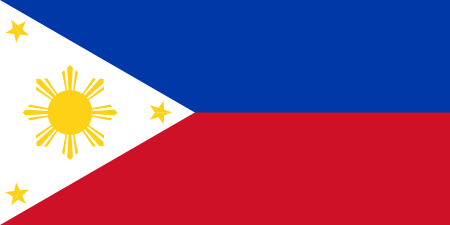
The Climate Change Act of 2009 declared it a policy of the State to incorporate a gender-sensitive, pro-children and pro-poor perspective in all climate change and renewable energy efforts, plans, and programs. In 2012, the amendments to the Climate Change law provided for the creation of a local climate change adaptation fund, the People’s Survival Fund, the utilization of which shall take into account projects responsive to gender-differentiated vulnerabilities, among other considerations.
The implementation of these important provisions of said legislative measures in the policies and programs of the Climate Change Commission ensured and promoted the (1) active involvement of women in decision-making (through its multi-stakeholder consultations, capacity-building initiatives, and participation in international climate negotiations); (2) integration of gender concerns and perspectives in policies and programmes (through the development and updating of plans); and (3) assessment of the impact of climate-resilient development policies and interventions on women (through monitoring and evaluation reports and gender analysis of projects for funding under the People’s Survival Fund and other climate finance facilities).
In 2019, the CCC adopted the Commission Resolution 2019-02, the Resolution resolved to strengthen gender-based approaches in the formulation and implementation of climate change policies, plans, programs, and activities in the country, including the generation of sex-disaggregated data and conduct of gender analysis. Moreover, it resolved to coordinate with agencies concerned in promulgating policies, directives, and initiatives supportive of the collaborative approach to accomplish the objectives of the Resolution.
The Commission is also undertaking a new initiative with support from the Nationally Determined Contributions (NDC) Support Programme to conduct a NDC gender analysis that will provide entry points in ensuring that gender-responsive initiatives are incorporated in the Philippines’ first NDC.
Lastly, the CCC has also ensured that gender-balance and women representation is present within the organization. Under its Revised Implementing Rules and Regulations, the Commission shall be composed of four Commissioners, including the President as ex-officio Chairperson. At least one of the Commissioners shall be a woman. Also, the Commission established a GAD Focal Point System to monitor the GAD mainstreaming efforts of the Commission in climate actions, and appointed gender focal points to international fora i.e. UNFCCC and IPCC.
Targets Beneficiaries
The target beneficiaries of this initiative are women, girls, and other vulnerable gender groups.
Convergence
To ensure that the Climate Change Commission’s policies, programs, measures, and activities are aligned with the national gender equality and women empowerment goals, it established a deep convergence with the Philippine Commission on Women.
Outputs
The major accomplishments and programmed activities of the CCC on gender and climate change are reported to the Beijing Declaration and Platform for Action on Women Empowerment Review[1]:
Through the Asia Pacific Adaptation Forum, an international knowledge exchange platform, the CCC organized sessions of leading experts and champions of gender mainstreaming to promote the integration of gender perspectives in climate impact assessments and climate actions.
The Forum delivered the following key messages:
GAD AR
6th Floor, First Residences Bldg.
1557 J.P. Laurel Street,
San Miguel, Manila
Philippines
Email: info@climate.gov.ph
Phone: (632) 8353 8494


All content is in the public domain unless otherwise stated
All content is in the public domain unless otherwise stated
All content is in the public domain unless otherwise stated